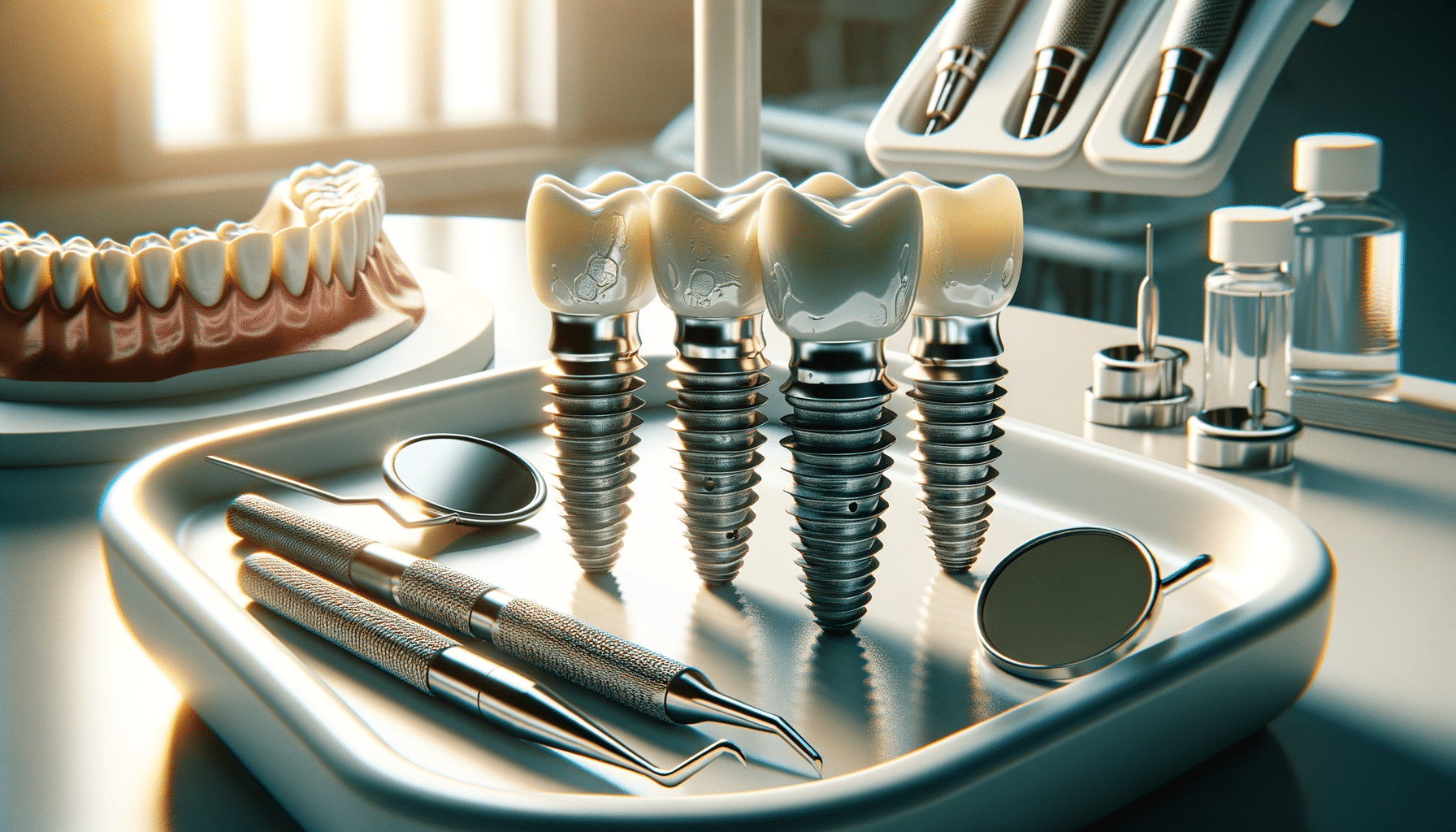
Exploring Affordable Dental Care: Options and Opportunities
Introduction to Affordable Dental Care
Dental care is a critical aspect of overall health, yet it often gets overlooked due to the high costs associated with it. For many, finding affordable dental care is not just a financial necessity but a way to ensure long-term health and well-being. This article explores various avenues available for individuals seeking cost-effective dental services, highlighting the importance of maintaining oral health without breaking the bank.
Community Health Clinics
Community health clinics are a valuable resource for those seeking affordable dental care. These clinics often provide services on a sliding scale based on income, ensuring that everyone has access to necessary dental treatments. Services offered typically include routine check-ups, cleanings, fillings, and sometimes even more complex procedures.
These clinics are usually funded by government programs or non-profit organizations, allowing them to offer reduced prices. Patients can expect to receive care from qualified dental professionals, including licensed dentists and dental hygienists. For many, this option offers a balance between quality and affordability, making dental health attainable for low-income families.
Moreover, community health clinics often engage in educational programs to promote dental hygiene, helping individuals maintain their oral health between visits. This proactive approach not only aids in preventing dental issues but also reduces the need for costly treatments in the future.
Dental Schools
Dental schools present an exceptional opportunity for affordable dental care. These institutions offer dental services at a fraction of the cost one might find in a private practice. Under the supervision of experienced faculty members, dental students provide a range of services from basic cleanings to advanced procedures.
While some may have reservations about being treated by students, it is important to note that these individuals are in the final stages of their training and are closely monitored by seasoned professionals. This ensures that patients receive high-quality care while contributing to the educational experience of future dentists.
One advantage of seeking care at a dental school is the thoroughness of the treatment. Because the students are learning, they tend to take more time with each patient, ensuring that no detail is overlooked. This can result in a more comprehensive examination and treatment plan.
Dental Savings Plans
Dental savings plans, often referred to as dental discount plans, are an excellent alternative to traditional insurance. These plans are designed to save members money on dental procedures by offering discounts at participating dental offices.
Unlike insurance, dental savings plans do not have deductibles, annual limits, or waiting periods. Members pay a monthly or annual fee to access reduced rates on services. This can be particularly beneficial for those who require regular dental work or have specific procedures in mind.
These plans can be a great option for individuals and families who do not have access to employer-sponsored dental insurance. By providing substantial savings on a wide array of services, dental savings plans make it easier for people to prioritize their oral health without financial strain.
Government Assistance Programs
For those struggling to afford dental care, government assistance programs can provide much-needed relief. Programs such as Medicaid and the Children’s Health Insurance Program (CHIP) offer dental coverage to eligible individuals, including low-income families, the elderly, and children.
Eligibility requirements and covered services vary by state, but these programs generally cover a broad spectrum of dental procedures. This can include preventive care, restorative services, and sometimes even orthodontics.
Accessing these programs can significantly reduce the financial burden of dental care. By ensuring that essential services are covered, government assistance programs play a crucial role in promoting public health and preventing dental issues that could lead to more serious health problems.
Conclusion: Taking Charge of Your Dental Health
Exploring affordable dental care options is essential for maintaining both your oral health and your financial well-being. By taking advantage of community health clinics, dental schools, dental savings plans, and government assistance programs, individuals can access necessary dental services without overwhelming costs.
It’s important to remember that proactive dental care is an investment in your overall health. Regular check-ups and preventive measures can help avoid more costly and complex procedures down the line. By staying informed and exploring available resources, everyone can find a path to affordable dental care that suits their needs.


